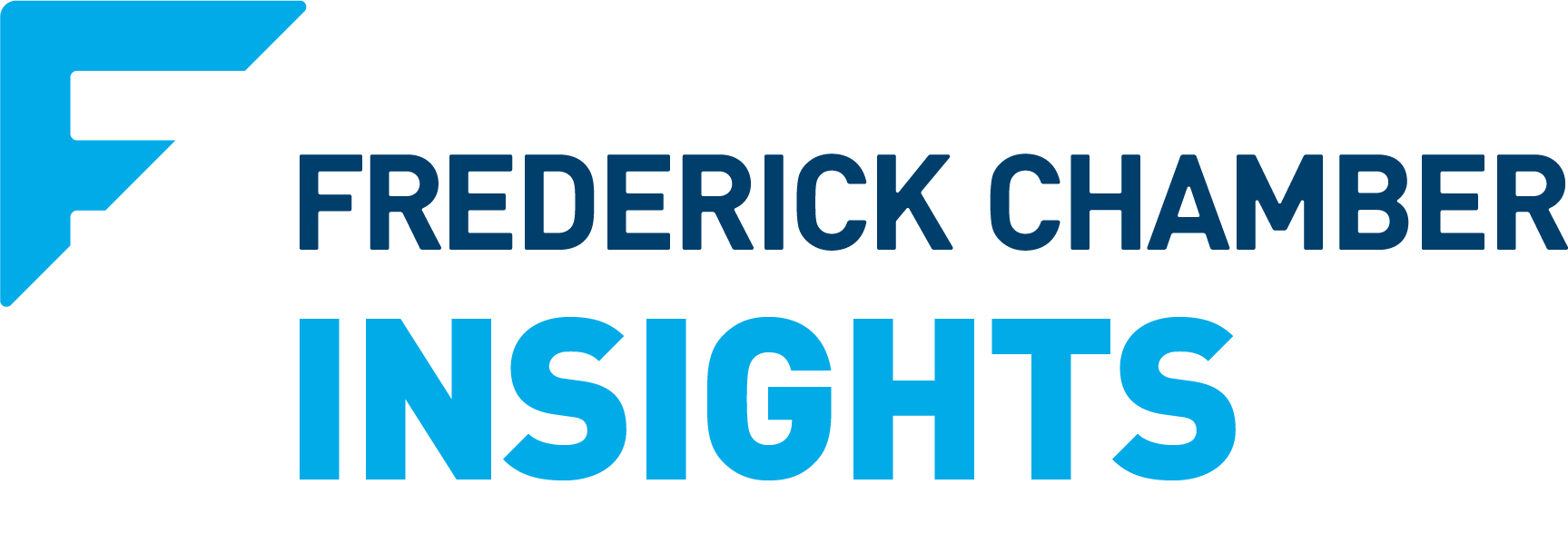
Have you struggled to reach your goals, overcome challenges, organize your ideas into a road map, or just get unstuck? You may have considered hiring a professional coach. More and more individuals are turning to professional coaching for support in identifying and living out their vision and purpose. Coaching helps clients improve their outlook on work and life while building their leadership skills and unlocking their potential. Partnering with the right professional coach can set you on the path to thriving personally and professionally.
What is coaching?
The International Coaching Federation (ICF) (ICF website) is the world’s largest organization of professionally trained business and personal coaches. ICF defines coaching as partnering with clients in a thought-provoking and creative process that inspires them to maximize their personal and professional potential. Coaching is a client-driven process. The coach’s responsibility is to:
- Discover, clarify, and align with what the client wants to achieve
- Encourage client self-discovery
- Elicit client-generated solutions and strategies
- Hold the client responsible and accountable
What should you look for in a coach?
Hiring a coach is a significant investment, so take the time to interview, evaluate, and select a coach who is qualified and the right fit for you. It is important to realize that, as helpful as coaching can be, it is an unregulated industry. There are training programs but no state requirements or licensure laws. This means that some individuals, who identify themselves as coaches, could lack formal training.
Begin with a little homework. Educate yourself about what coaching is, what it is not, and what the coaching process entails. More than 2,000 articles, case studies, and reports about coaching and related topics are easily accessible at the ICF Research Portal. Think about your goals. Summarize what you expect to accomplish by partnering with a coach. With a clear idea of your desired outcomes, you can better choose a well-equipped coach practitioner to help you develop a strategy for achieving them.
Most coaching work is done by phone and internet, so you can literally work with a coach anywhere in the world. Since there is a vast pool, plan to interview at least three coaches. Ask each coach about their experience, skills, and qualifications, and request at least two references. Coaching is a meaningful relationship, so look for personal chemistry and a connection between you and your chosen coach.
Consider asking the following questions when you interview a prospective coach:
- What is your coaching-specific training (an ICF-accredited training program, other coach-specific training, etc.)? Are you an ICF member? Do you hold an ICF credential?
- What is your coaching experience (number of individuals coached, years of experience, types of coaching situations, etc.)?
- What types of organizations do you work with most often? At what levels (executives, upper management, middle management, etc.) have you coached?
- What types of assessments are you certified to deliver?
- What are some specific examples of your coaching client success stories?
Collaborating with a coach can be a very worthwhile experience. However, you want to be an informed consumer. Do your due diligence, and you will enhance your chances of selecting the right coach and fully benefiting from coaching.

About the Author:
Dr. Christopher J. Currens, MBA, MPA
Chris Currens is a leadership coach and Founder/Principal at Currens & Associates. C&A provides leadership coaching to develop leaders and teams, enhance performance, navigate career transition, and drive strategic change.
Frederick Chamber Insights is a news outlet of the Frederick County Chamber of Commerce. For more information about membership, programs and initiatives, please visit our website.

